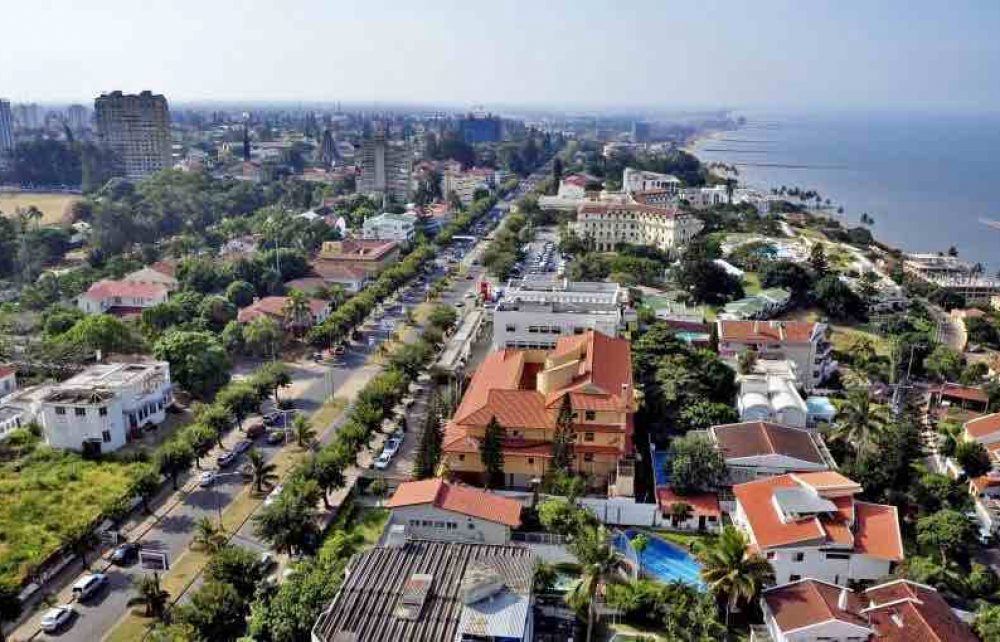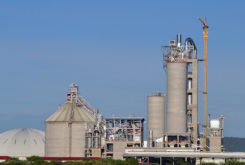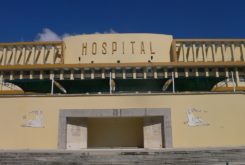With the coronavirus pandemic weighing on economic activity, the Economist Intelligence Unit (EIU) now expects the economy of Mozambique to contract by 2.4% in 2020. According to the EIU, the economy will pick up in 2021, growing by 2% as the agriculture sector rebounds, before expanding 6.5% in 2022 as investment inflows for the gas industry gather steam.
In its latest report on Mozambique, the EIU says “coal output will plummet as global demand weakens owing to the coronavirus, with scheduled pit closures extended”. Agriculture, it adds, “will remain weak as many parts of the country face ongoing drought, and the tourism and hospitality sectors have been decimated by travel restrictions.”
“The economic impact of virus containment measures, however, remains more serious, with the private sector recording losses of US$88.5m in the first 30 days of the state of emergency. A total of 1,175 companies have closed and more than 12,000 jobs have been lost, 64% of them in the hotel and tourism sector. Tourism has ground to a halt: the hotel occupancy rate is 4%, and the sector is experiencing losses estimated at US$30m a month, according to the Association of Travel Agents and Tour Operators of Mozambique”, the report underlines.
The private-sector business association is calling for measures to assist companies, including relaxation of the restriction on the number of employees who can work, and direct relief involving temporary lowering or waiving of tax payments and utility costs for water and energy.
The country’s commodities industry, including the coal sector and the nascent gas industry, have also been hit, with companies suspending operations and deferring investment decisions.
EIU estimates that Mozambique´s current-account deficit will widen to 23.5% of GDP in 2020 as exports decline, then to 33.2% of GDP in 2023 as capital goods imports for the gas industry rise. In 2024 the deficit will narrow to 28.6% of GDP as gas exports increase. The forecast for economic growth in the 2021-2024 period is 6.3% on average, driven mainly by the gas industry.
In November 2019 Empresa Nacional de Hidrocarbonetos (ENH), the state-owned oil and gas company, announced that it would begin investor presentations to raise the US$1.5bn required to finance its 15% stake in the Area 1 project, run by Total (France). A final investment decision (FID) was reached by Anadarko in June 2019, with some investment continuing to come in as facilities are developed. ENH had postponed fundraising efforts until the country’s Eurobond restructuring was accepted, which took place in October 2019, but the coronavirus-driven tightening of global liquidity conditions will necessitate a further delay in fundraising efforts.
EIU now expect ENH to raise the money in 2021, and for the project to then launch formally.
Similarly, the FID for the Area 4 LNG project by ExxonMobil, a US oil major, had been scheduled for the first half of 2020, having been delayed previously by the growing insurgency in Cabo Delgado and rising operational costs. However, ExxonMobil announced in March that this would be delayed further as global economic activity ground to a halt. Nevertheless, the EIU expects the project to go ahead at a later date. ENH also has a 10% stake in the Area 4 project, although financing will be provided by the other partners. In addition, Eni (Italy) is constructing a smaller offshore site on the Coral gasfield.
Inward investment in auxiliary services (including financial and legal services and construction) for the gas industry will increase, providing wider economic momentum and driving overall growth.
According to the EIU report, “the start of production at the Coral gasfield in 2023 will provide a direct boost to real GDP expansion, which will rise to 7.8% in 2023 and 9% in 2024. LNG production will make a larger contribution to growth once production across all sites begins in earnest, after the end of the forecast period.”
The development of planned onshore gas facilities in the northern province of Cabo Delgado is threatened by the growing presence of militant Islamist groups, which include Ansar al-Sunna and, increasingly, affiliates of Islamic State. Militant attacks are increasing in severity and frequency as state security forces struggle to contain them, and the jihadis have demonstrated their ability to seize and hold towns. The growth of the insurgency has exposed the extent of the Mozambican armed forces’ operational weaknesses, and deep flaws in the government’s counter-insurgency strategy.
“Without new tactics and an improvement in capability, as well as well-chosen external assistance, the central government is in danger of losing control of more territory, threatening the security of the vast gas resources being developed by multinational energy corporations in the area”, the EIU said.




